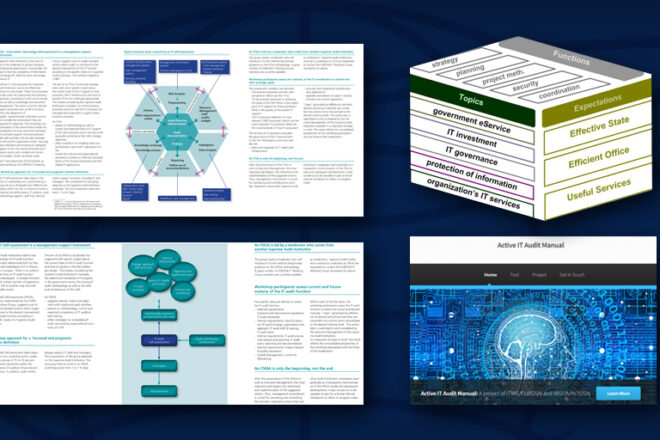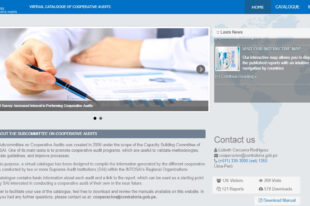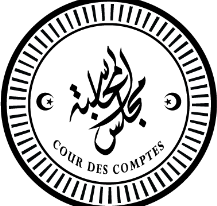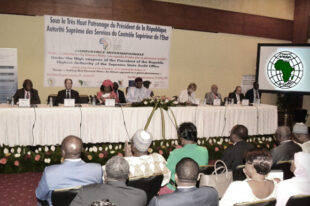Since its inception, the European Organization of Supreme Audit Institutions (EUROSAI) Information Technology (IT) Working Group (ITWG) has strived to provide a platform enabling European audit institutions to exchange good IT audit practices and effectively use IT in oversight work.
To achieve this, the ITWG has developed numerous mature, highly-valued projects, including IT Self-Assessments (ITSA), IT Audit Self-Assessments (ITASA), the intelligent database of e-government audits (CUBE), and Active IT Audit Manual (AITAM).
By collecting and synthesizing member practices, the ITWG has also contributed to developing global IT audit guidance and best practice documents.
The National Audit Office of Estonia (NAOE) assumed the ITWG chairmanship from the Supreme Audit Institution (SAI) of Poland in July 2020. The NAOE aims to build on this solid foundation and further strengthen synergies among members, particularly considering high-level IT capacities of European SAIs.
In the spirit of the Moscow Declaration’s call for SAIs to “nurture auditors of the future,” the ITWG recently launched a new initiative—the Research and Training Hub—to explore innovative IT and IT audit practices and develop a curriculum for “future auditors” who are, ideally, IT savvy and capable of auditing modern technologies.
In developing the Research and Training Hub’s curriculum, experience of academia and private sector, coupled with valuable input from ITWG members, will be merged into courseware serving as a practical source of knowledge for auditors worldwide.
Evident by discussions held during the ITWG e-seminar on digital skills in November 2020, auditors cannot avoid IT questions in any domain—financial audits already have many IT audit traits, and data and IT themes are now (or will soon be) central in most performance audits. Such conditions indicate auditors need knowledge and training in the IT and IT Audit fields (some more comprehensively than others).
Proposed curriculum consists of different modules for both IT and non-IT auditors. Furthermore, various innovative methods and tools exist on which knowledge and practical cases can benefit audit practitioners, such as Extract, Transform, Load (ETL) to prepare data for audit; process mining to pinpoint bureaucracy bottlenecks; programming to analyze large datasets; and business analytics to create interactive “audit stories.”
Private sector training, which can be rather costly, generally lacks public domain background and examples. The Research and Training Hub bridges those gaps and is envisaged to become a free online education platform that is accessible to all auditors seeking to upgrade IT skills.
The NAOE, with its proven track record in implementing e-learning in environmental auditing (auditors across the globe have expressed appreciation for access to free, self-paced online courses), hopes to transfer this experience to the ITWG Research and Training Hub.

CONNECT WITH THE ITWG






